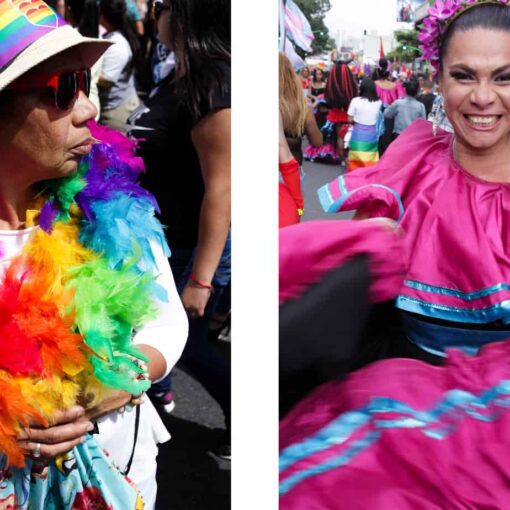QCOSTARICA – Today, August 15, Costa Rica celebrates “Feliz Dia de la Madre” (Mother’s Day), a celebration rooted in many cultures around the world.
In Costa Rica, the holiday is observed in a special way, honoring mothers and acknowledging their crucial role in family formation and societal unity.
The origins of Mother’s Day in Costa Rica can be traced back to international influences and its incorporation into Costa Rican culture.
– Advertisement –
While contemporary observances may be associated with commercialization and the giving of gifts, it is essential to remember that the primary objective of this holiday is to pay tribute to mothers and acknowledge their hard work and selflessness.
The Day is celebrated every August 15th, at the initiative of the Nicolás Ulloa School, located in Heredia, and later supported by the government of that time, under the presidency of Cleto González, who established by executive decree Law No. 79 of August 10, 1932, reformed by Law No. 4627 of August 3, 1970.
Given this decree, the Day should have been celebrated in all schools and colleges, nursing homes and charitable institutions in the country. At that time, the press of the time reported the celebration of Mother’s Day both in schools and colleges in the cities as well as in rural and remote areas.
At the beginning of the 20th century, women began to receive greater recognition with celebrations such as the “Mothers’ Day” in October 1923 and the “Day of Women’s Worship” in January 1927.
Today, from the Ministry of Public Education, Mrs. Guiselle Cruz Maduro sends a message of greeting to all the mothers who have lived the experience of motherhood.
“As a mother, I send my greetings to all the women who have shared the experience of motherhood,” is the message from Guiselle Cruz Maduro, Minister of Public Eduction, to all the mothers who have lived the experience of motherhood.
– Advertisement –
The Day is also a ‘pago obligatorio’ (mandatory payment). According to the Codigo de Trabajo (Labor Code), if worked, the day is double pay; over time is paid triple, and applies to both foreign and national companies.
Employees can refuse to work on this Day without reprisals of being fired, sanctioned or demoted for refusing.
There have been some unsuccessful attempts to move the holiday to the Monday following, in order to create a long weekend. Supporters argue that this would benefit national tourism and the economy. However, all efforts to change the date have been unsuccessful, so Mother’s Day continues to be celebrated on its original date.
– Advertisement –
– Advertisement –
Source link
Rico



